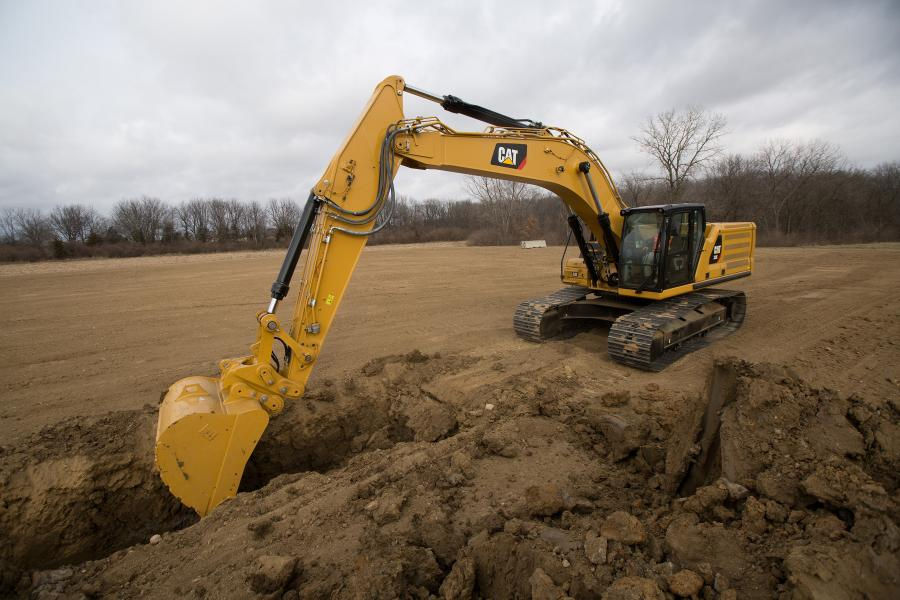"Signs It's Time to Replace Your Concrete Driveway: A Homeowner's Guide"
- Midtex Services
- Jan 22, 2024
- 2 min read
Updated: May 17, 2024

When to Replace Your Driveway: Signs and Considerations
Your driveway is more than just a path to your home; it's an essential part of your property's curb appeal and functionality. Over time, driveways can wear down due to various factors like weather, usage, and age. Knowing when it's time to replace your driveway can save you from potential hazards and costly repairs down the line. Here are some signs and considerations to keep in mind:
1. Cracks and Potholes: One of the most obvious signs that it's time to replace your driveway is the presence of extensive cracks and potholes. These can develop due to frequent use, freeze-thaw cycles, or poor installation. Small cracks can be repaired, but if you notice large fissures or deep potholes that compromise the surface's integrity, replacement may be necessary.
2. Drainage Issues: Proper drainage is essential for preserving the lifespan of your driveway. If you notice standing water or puddles after rainfall, it could indicate underlying drainage issues. Poor drainage can lead to water damage, erosion, and structural problems, making it a compelling reason to consider driveway replacement.
3. Fading and Discoloration: As driveways age, they can lose their color and vibrancy due to exposure to sunlight, chemicals, and natural wear. While surface discoloration may not affect functionality, it can significantly impact your property's aesthetics. If your driveway's appearance has significantly deteriorated despite regular maintenance, replacement can enhance your home's overall appeal.
4. Structural Integrity: A sturdy driveway is crucial for supporting vehicles and foot traffic safely. Over time, the underlying base materials of your driveway can deteriorate, leading to sinking, uneven surfaces, or structural instability. If you notice significant dips, unevenness, or shifting of the driveway surface, it's a sign that replacement may be necessary to ensure safety and functionality.
5. Age of the Driveway: The lifespan of a driveway depends on various factors, including materials used, installation quality, and maintenance practices. Generally, asphalt driveways can last around 20-30 years, while concrete driveways can last 30-40 years with proper care. If your driveway is nearing or exceeding its expected lifespan and exhibiting signs of wear, replacement may be a wise investment to avoid frequent repairs.
6. Safety Concerns: A damaged or deteriorating driveway can pose safety hazards for vehicles, pedestrians, and property. Cracks, potholes, and uneven surfaces increase the risk of accidents, especially during icy or wet conditions. Prioritizing safety by replacing a compromised driveway can prevent potential injuries and liabilities.
7. Cost of Repairs: While routine maintenance and minor repairs are expected for driveways, extensive or frequent repairs can become financially burdensome over time. Assess the cost-effectiveness of repairs versus replacement, taking into account the long-term benefits and durability of a new driveway.
In conclusion, knowing when to replace your driveway involves evaluating its condition, functionality, safety, and cost-effectiveness. Regular inspections, maintenance, and timely repairs can prolong your driveway's lifespan, but if you encounter significant issues or reach the end of its expected lifespan, opting for replacement can enhance your property's value and convenience.
If you're unsure about the condition of your driveway or need professional advice, consulting with a reputable contractor or paving expert can provide insights and recommendations tailored to your specific situation.



Comments